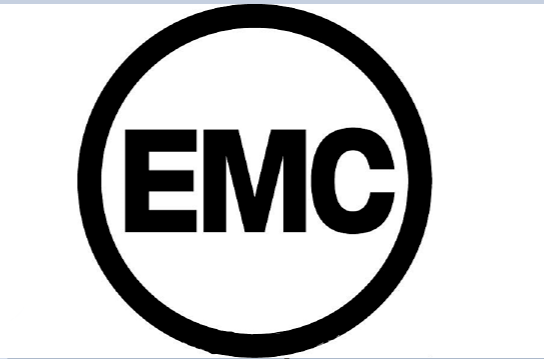Is Your Instrument Quality Up to Standard?
EMC Testing Can Tell!
Worried about your product’s electromagnetic compatibility (EMC)? With rapid advancements in electrical and electronic technology, ensuring your product passes EMC certification is more important than ever.
What is EMC Testing?
Electromagnetic Compatibility (EMC) ensures that your electronic product operates without causing electromagnetic interference (EMI) to other devices, and also that it can withstand external interference without malfunctioning.
Regulatory Compliance:
In the European Union, EMC testing is mandatory under Regulation 89/336/EEC (EMC Directive), requiring CE marking. Similar standards like FCC Part 15 apply in the United States.
Why is EMC Certification Necessary?
Emission Testing
Measures electromagnetic energy emitted by your device to prevent interference with other equipment.
Immunity Testing
Evaluates resistance to external interference, ensuring reliability in challenging environments.
The Impact of EMC Testing
Common Interference Examples:
- Hair dryers disrupting TV signals
- Industrial motors affecting sensitive equipment
- Medical device malfunctions from power surges
“In critical applications, inadequate EMC protection can compromise military systems or life-saving medical equipment.”
Key EMC Tests
Lightning Surge
ESD Immunity
Voltage Dips
Radiated Immunity
Passing these tests demonstrates your product’s durability and resistance to interference, giving you a competitive advantage.
Market Advantages of EMC Certification
- Enhanced product credibility and perceived quality
- Compliance with international market requirements
- Competitive differentiation in technical specifications
Our products have obtained EMC certification and can be used with confidence
Ensure your product meets the highest standards
Ready to get your certified product? Contact us today!
Post time: Apr-29-2025

